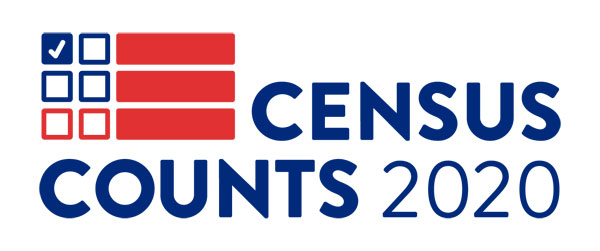
April 23, 2019; New York Times
Last week, the US Supreme Court heard oral arguments in the case of Department of Commerce v. New York et al. At issue: can the Census include a question regarding the surveyed families’ citizenship in its decennial survey? The federal government made a dubious claim that doing so would boost Voting Rights Act enforcement. Critics suggest the question is designed to depress the census count in communities of color, especially immigrant communities—thereby shifting money, resources, and power away from these groups.
Washington Post columnist Dana Milbank notes that “Census Bureau research has projected a drop of at least 5.1 percent from noncitizen households if the question is added, part of an estimated undercount of 6.5 million people.” This data was cited in last weeks’ oral arguments. Milbank’s article bore the sardonic subtitle, “How to preserve white power in four easy steps.” These steps are: 1) devise a discriminatory policy, 2) create a pretext, 3) muddy the waters (don’t collect data that might disprove your claim), and 4) blame the victim (i.e., argue that if immigrants are afraid to disclose their citizen status, that’s their problem).
Three federal judges to date have ruled on this question. All three found against the federal government. In the most recent case, Judge George Hazel in Maryland wrote in his decision that “Plaintiffs have shown that a differential undercount of [Latinxs] and/or noncitizens of some magnitude is virtually certain to occur,” creating a “substantial risk” of vote dilution. Hazel added, “The unreasonableness of Defendants’ addition of a citizenship question to the Census is underscored by the lack of any genuine need for the citizenship question, the woefully deficient process that led to it, the mysterious and potentially improper political considerations that motivated the decision, and the clear pretext offered to the public.”
However, Adam Liptak in the New York Times reports that at oral arguments, the “Supreme Court’s conservative majority seemed ready…to allow the Trump administration to add a question on citizenship to the 2020 census,” regardless of data that strongly suggests that the change would discourage both legal and undocumented immigrants from filling out the forms.
Sign up for our free newsletters
Subscribe to NPQ's newsletters to have our top stories delivered directly to your inbox.
By signing up, you agree to our privacy policy and terms of use, and to receive messages from NPQ and our partners.
A wide range of groups have submitted amicus curiae briefs calling for keeping the citizenship question out of the Census. All told, 36 separate coalitions submitted amicus briefs against the proposed question, while only nine submitted in favor and one group was neutral. Included among those 36 amicus briefs in opposition to adding a citizenship question was a group of 30 foundations, including Annie E. Casey, The California Endowment, Ford, Joyce, Lumina, Mary Reynolds Babcock, New York Community Trust, Piton, Silicon Valley Community Foundation, and Thornburg. These foundations argued that the distortion a citizenship question would bring, both by lowering response rates and encouraging false answers, would harm their work, whether it involved children and families, health, education, or community development.
As Liptak reports, “The court’s decision, expected in late June, will be consequential. If indeed it cuts the count by 6.5 million people, that would alter how congressional districts are allocated among the states in 2021 and could shift hundreds of billions of dollars in federal spending. Liptak adds that, “Courts have also found that Arizona, California, Florida, Illinois, New York and Texas could risk losing seats in the House, and that several states could lose federal money.”
Justice Sonia Sotomayor, the most vocal opponent to the government’s position in oral arguments, said that adding the question would violate the fundamental purpose of a census to count everyone. “There is no doubt that people will respond less,” said Sotomayor. “That has been proven in study after study.”
Dale E. Ho, a lawyer with the American Civil Liberties Union, said the citizenship question would also introduce inaccuracies. “The evidence shows,” he said, “that noncitizens respond to the question inaccurately one-third of the time.”
Activists are preparing for a possible negative ruling, however. Sometimes, an unpopular Court decision can lead to a community backlash. For instance, last year, the Supreme Court sought to weaken public sector unions by eliminating mandatory dues collection in its Janus decision; this was followed by a wave of successful #RedforEd teacher strikes. Also last year, the state legislature in North Dakota made it harder for American Indians to vote, but the communities organized and achieved a record turnout, despite the obstacles.
Can activism thwart the Court here? Already, Carly Berwick reports in Next City, communities are organizing. “In the end, the last best hope of an accurate Census may lie in the coalitions that have been built,” Berwick writes. She adds, “Cities, planners, nonprofits, and libraries are stepping into the breach.” The work, Berwick explains, is widespread and involves “old-fashioned organizing, hosting meetings with local nonprofits and linking up with county governments.” It is a network that may very soon be tested.—Steve Dubb











